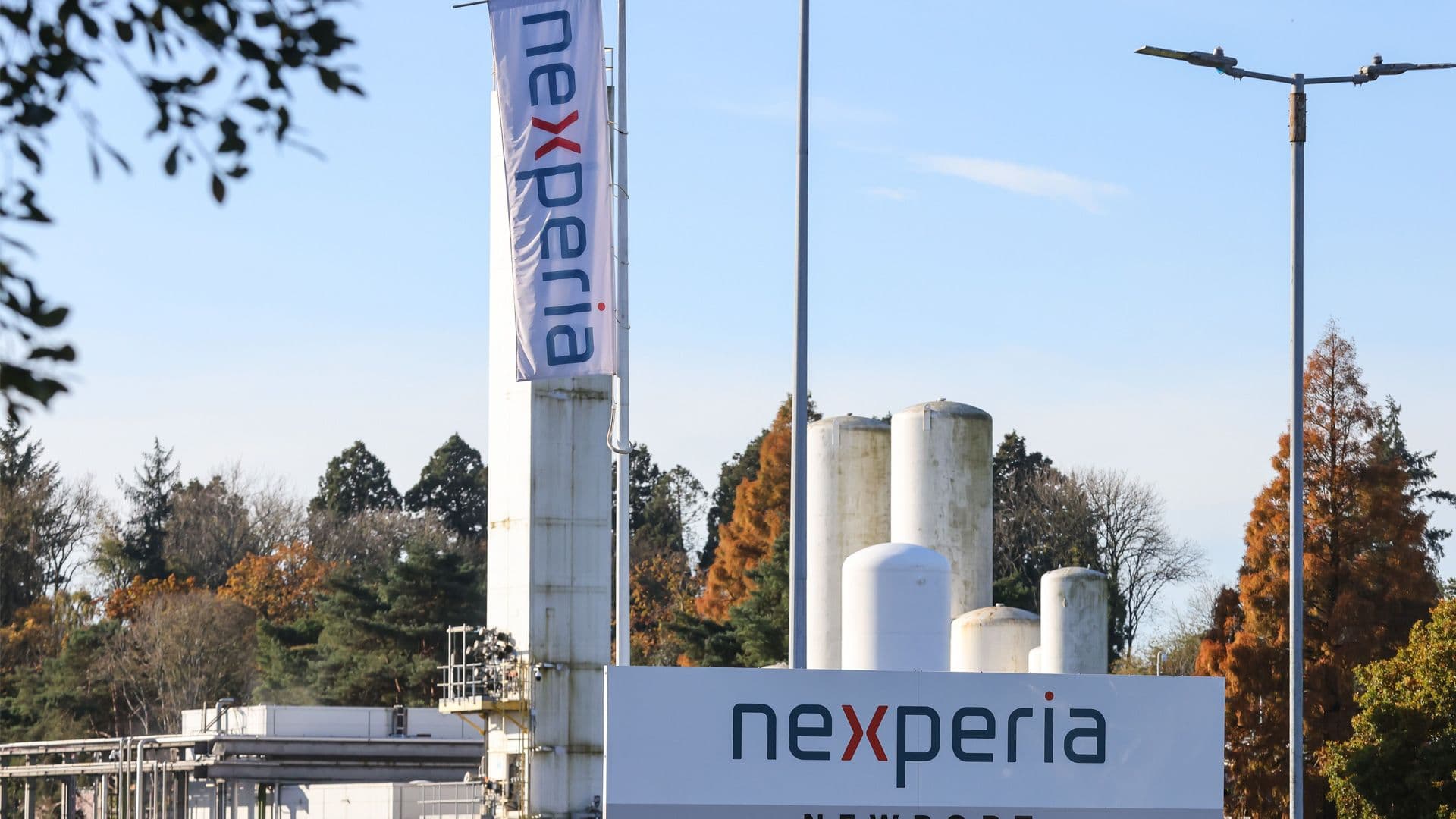Families Sue Binance, Say Exchange Sent Over One Billion to Terrorist Groups
More than 300 American victims of the October 7, 2023 attack by Hamas have filed a federal lawsuit in North Dakota, accusing Binance and its founder Changpeng Zhao of facilitating more than one billion dollars in transfers to U.S. designated terrorist organizations. The suit raises questions about crypto platforms' compliance systems, could increase regulatory pressure, and may reshape how mainstream finance treats digital asset intermediaries.

More than 300 American victims and their families have filed suit in federal court in North Dakota alleging that Binance, the world largest cryptocurrency exchange, and its founder Changpeng Zhao facilitated over one billion dollars in transfers to groups designated as terrorist organizations by the United States. The complaint names Hamas, Hezbollah, Palestinian Islamic Jihad and Iran s Islamic Revolutionary Guard Corps as beneficiaries of funds routed through accounts the plaintiffs describe as suspicious.
The filing says more than fifty million dollars in questionable transactions took place after the October 7, 2023 attack that prompted the litigation, and it accuses Binance of operating inadequate compliance controls and insufficient oversight that allowed the transfers to occur. Plaintiffs are pursuing compensatory damages and treble damages, arguing that Binance knowingly enabled payments that funded violence and should bear civil liability for harms suffered by the families.
Binance issued a statement saying the company complies with sanctions and will defend itself in court. The suit adds to a growing body of litigation and regulatory scrutiny around the exchange. In recent years Binance resolved major regulatory enforcement matters including a multibillion dollar settlement with U.S. authorities in 2023, and it has faced investigations from multiple jurisdictions over money laundering and sanctions compliance. The new complaint will test whether those prior settlements and ongoing reforms are sufficient to shield platforms from civil liability tied to illicit flows.
Market participants and policy makers are likely to watch the case closely. Binance handles a dominant share of global crypto trading volume, meaning allegations of systemic compliance failures carry potential implications for liquidity and counterparty risk across the sector. Legal exposure of this scale could increase costs for centralized exchanges, prompt banks and payment providers to further limit exposure to crypto onramps, and push institutional investors to demand stronger evidence of transaction monitoring and sanctions screening.
From a policy perspective the lawsuit could accelerate calls for clearer rules and stronger enforcement. Lawmakers and regulators have already been debating tighter anti money laundering standards for the crypto industry, and a high profile civil case alleging facilitation of terrorism financing may strengthen the political case for robust rules on travel rule implementation, screening of wallet addresses, and penalties for failures to block sanctioned actors.
The litigation also highlights the long term tension between decentralized architecture and centralized points of custody. As enforcement and compliance costs rise, centralized exchanges may face pressure to harden controls or cede market share to less regulated venues, complicating efforts to trace illicit flows. The North Dakota court will now determine whether the factual record supports the plaintiffs claims and whether Binance s compliance posture exposes it to the compensatory and treble damages sought by the families.


